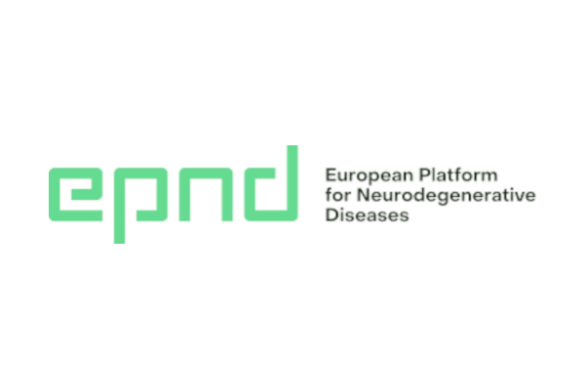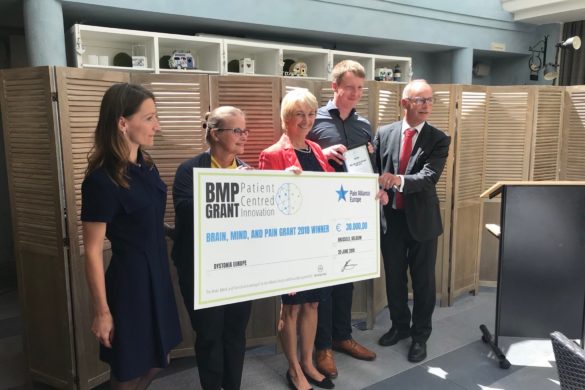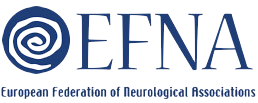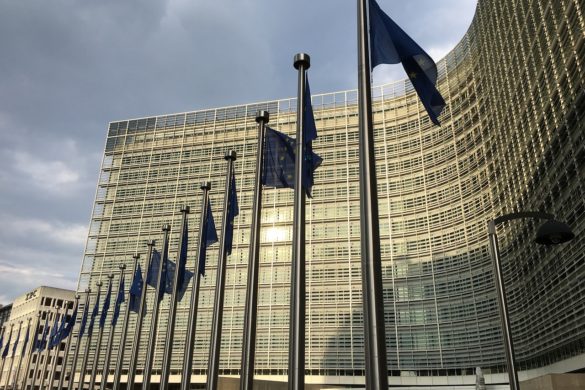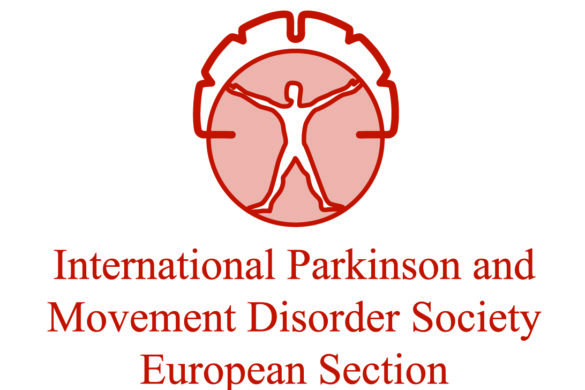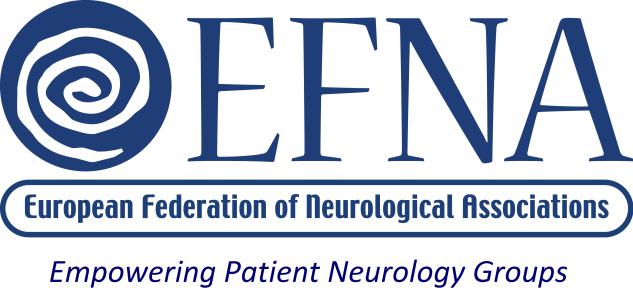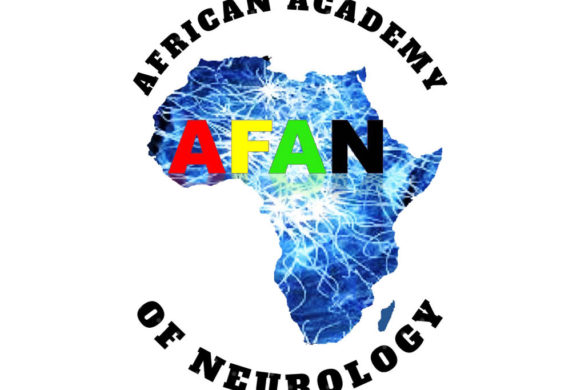
This year, the EANM Focus Meeting is entitled “Molecular Imaging of Dementia – The Future is Here”. It will take place in the end of January 2019 in Cannes, France.
The meeting will be devoted to the latest developments in molecular neuroimaging of dementia. The meeting is especially designed to promote intensive and vivid discussion amongst speakers and with the audience as well. We will address hot topics in the field to achieve multidisciplinary consensus and to envision the future of the clinical use of PET in dementia based on the latest advances.
All speakers have confirmed their attendance and we are thrilled to announce that we managed to gather amongst the most renowned and influential leaders in the field. We have a unique set of oversea speakers with for example Victor Villemagne from Melbourne, who gave the Marie Curie Lecture on Tau PET Imaging at the EANM’18 Congress. You will also have the opportunity to hear the overseas speakers Gil Rabinovici from UCLA, Clifford Jack from the Mayo Clinic, Satoshi Minoshima from Utah, Susan Landau from Berkeley and Maria Carillo – the US Alzheimer’s Association Chief Scientific Officer.
In addition, the most engaged European researchers in this particular field will participate: Philip Scheltens, Giovanni Frisoni, Agneta Nordberg, Daniela Perani, Karl Herholz, and many others, all high standing experts – you can access to the full list of speakers on our webpage: focusmeeting.eanm.org.
You will see that the panel includes multidisciplinary experts such as nuclear medicine physicians, neurologists, geriatricians, radiologists and psychiatrists– and we are awaiting the same diversity from our audience to participate to the meeting. So, whatever your field is, if you are interested and advanced in molecular imaging of dementia, this meeting is yours.
What is exciting about this meeting is that, for two and a half days, we will focus on a specific area. This will allow us to discuss in depths the latest advances in the field, address the hottest topics and contribute to consensual decisions on current controversies and debates. The meeting will be divided into 5 tracks: 5 half-day sessions to discuss in detail the use of Molecular PET imaging for early clinical diagnosis of AD, for the differential diagnosis of the disease and in Dementia Research; to interrogate the clinical acceptance of amyloid imaging and provide insight on new developments and methodology in the field.
To investigate these topics, there will be plenary lectures but also lively controversy sessions where two experts will expose their diverging opinion on a question. For example, Andreas Martin Fjell will discuss with Clifford Jack whether amyloid should be considered as the lead biomarker in the hierarchy for preclinical AD research criteria. Other debates will address whether PET should be in the initial work-up for the early diagnosis of AD, or whether one should use FDG-PET or Amyloid-PET first for the differential diagnosis of the disease.
The meeting features also round table discussions – designed to give different perspectives on a specific topic; for instance, we will discuss the very sensitive question of the clinical acceptance of amyloid imaging and hear about the viewpoints of the payer and industry, the scientific community, the patients and the families and on-going studies. The programme is set to let time for discussion between speakers and the audience, aiming at reaching a consensus or at least highlighting the main arguments in the specific question being addressed.
At the end of this meeting, we expect to reach an overall consensus on the utility and role of PET imaging on the clinical workup for both, the differential diagnosis of dementia but also for early diagnosis of prodromal AD. We expect to give information about the availability of PET imaging in Europe as well as the relative advantages and disadvantages of amyloid PET versus CSF assessment. An overview about the interest of PET imaging in dementia research, and the main methodological challenges and paths for the future will be offered. The speakers – all highly acknowledged experts – will point out the main challenges and the main opportunities for progress in the field. A publication of the consensus is planned.




